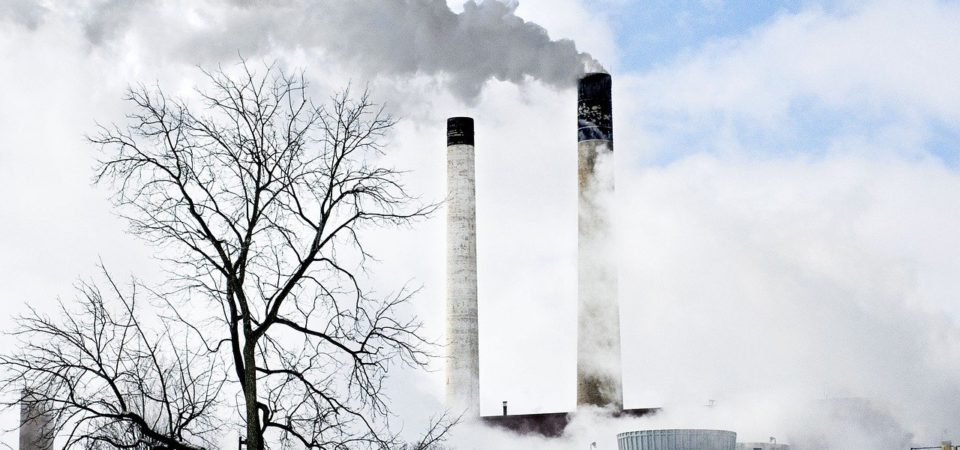Item Link: Access the Resource
File: Download
Date of Publication: September 8
Year of Publication: 2021
Publication City: New York, NY; Berlin, Germany; London, UK
Publisher: Springer Nature
Author(s): Dan Welsby , James Price , Steve Pye , Paul Ekins
Journal: Nature
Volume: 597
Pages: 230–234
Abstract
Parties to the 2015 Paris Agreement pledged to limit global warming to well below 2 °C and to pursue efforts to limit the temperature increase to 1.5 °C relative to pre-industrial times1 .
However, fossil fuels continue to dominate the global energy system and a sharp decline in their use must be realized to keep the temperature increase below 1.5 °C (refs. 2–7 ). Here we use a global energy systems model8 to assess the amount of fossil fuels that would need to be left in the ground, regionally and globally, to allow for a 50 per cent probability of limiting warming to 1.5 °C.
By 2050, we find that nearly 60 per cent of oil and fossil methane gas, and 90 per cent of coal must remain unextracted to keep within a 1.5 °C carbon budget. This is a large increase in the unextractable estimates for a 2 °C carbon budget9 , particularly for oil, for which an additional 25 per cent of reserves must remain unextracted. Furthermore, we estimate that oil and gas production must decline globally by 3 per cent each year until 2050.
This implies that most regions must reach peak production now or during the next decade, rendering many operational and planned fossil fuel projects unviable. We probably present an underestimate of the production changes required, because a greater than 50 per cent probability of limiting warming to 1.5 °C requires more carbon to stay in the ground and because of uncertainties around the timely deployment of negative emission technologies at scale.
Access the full paper here or download it from the above link.
The views and opinions expressed through the MAHB Website are those of the contributing authors and do not necessarily reflect an official position of the MAHB. The MAHB aims to share a range of perspectives and welcomes the discussions that they prompt.
